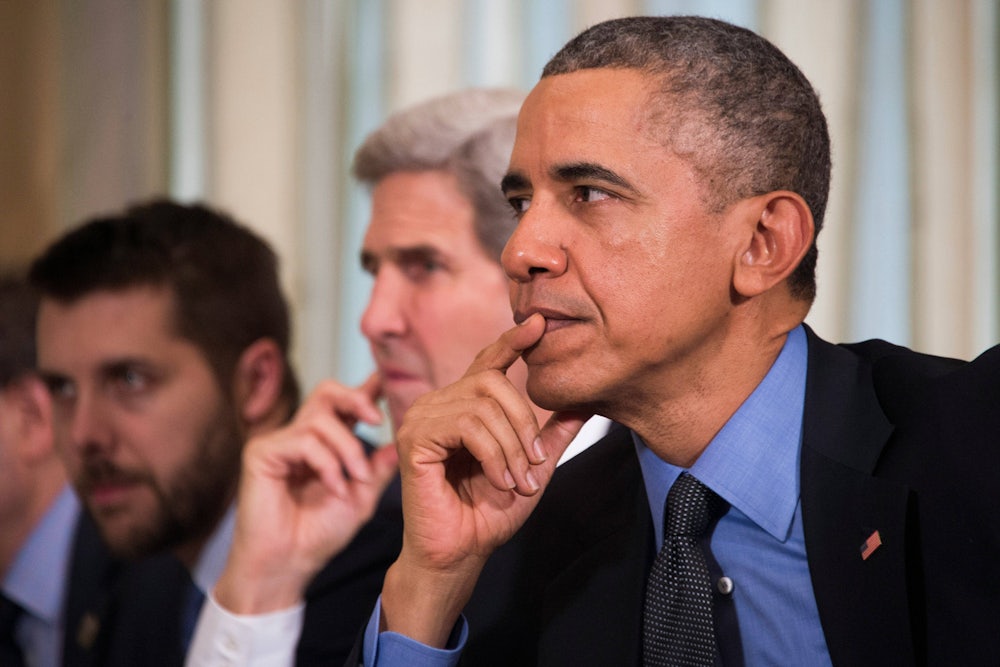World leaders have made their speeches and announcements and are starting to head home from the Paris climate conference. Before he left for Washington, President Barack Obama was optimistic about the chances for success. “I actually think we’re going to solve this problem,” he said.
Now the real hard work begins, and two big wildcards have come into focus: India and U.S. Republicans. Indian Prime Minister Narendra Modi said that the fault for climate change falls to “the prosperity and progress of an industrial age powered by fossil fuel.” Which is not wrong, but comments like these have made India’s negotiating position hard to define. Meanwhile, congressional Republicans have made clear they will try to obstruct a Paris deal, and GOP presidential candidates have piled on. Ted Cruz said Obama “apparently thinks having an SUV in your driveway is more dangerous than a bunch of terrorists trying to blow up the world,” while Donald Trump called Obama’s speech “one of the dumbest things I’ve ever seen, or perhaps most naive.”
Check out our scorecard below for a progress report on COP21. Blue bars indicate progress toward the goals, compared to yesterday, while red bars indicate backward momentum:
While Obama was in Paris talking up the potential for a historic agreement, the House Science committee held a hearing Tuesday to tear into the president’s plans, with the chairman accusing Obama of a plan that “ignores good science and only seeks to advance a partisan political agenda,” according to the Washington Examiner.
Obama is telling Republicans to get on board with the rest of the world. Hopefully, Paris can overcome India’s resistance, as well.
Here’s a roundup of the biggest news from around the conference:
- Jonathan M. Katz, reporting from the conference, writes that the Paris talks are starting to get real, and the long slog is only just beginning. He says to watch out for India’s reluctance to cut emissions and small, poorer countries demanding stronger action. (New Republic)
- Obama said he’s “an island boy” and stands in solidarity with countries at the front lines of flooding and other climate change-related disasters (New Republic)
- Paris as the “anti-Copenhagen.” (The Guardian)
- Prime Minister Modi is betting big on solar with the launch of its International Solar Alliance. (New Republic)
- New leaders of Canada and Australia signal an environmental turnaround. (New Republic)
- China has no plants to adjust its Intended Nationally Determined Contribution after data shows the country’s coal consumption has been 17 percent higher than reported. (Carbon Pulse)
- U.S. measures its expectations for Paris, emphasizing an agreement with long-term goals over immediate action. (Politico)
- Six important points from the conference’s opening; Obama is the symbolic leader, developing nations look for an agreement that will protect them from extreme weather, and more. (Grist)
- Donald Trump says it’s ridiculous that Obama is worrying about global warming while other threats, like ISIS, loom. (Mother Jones)
